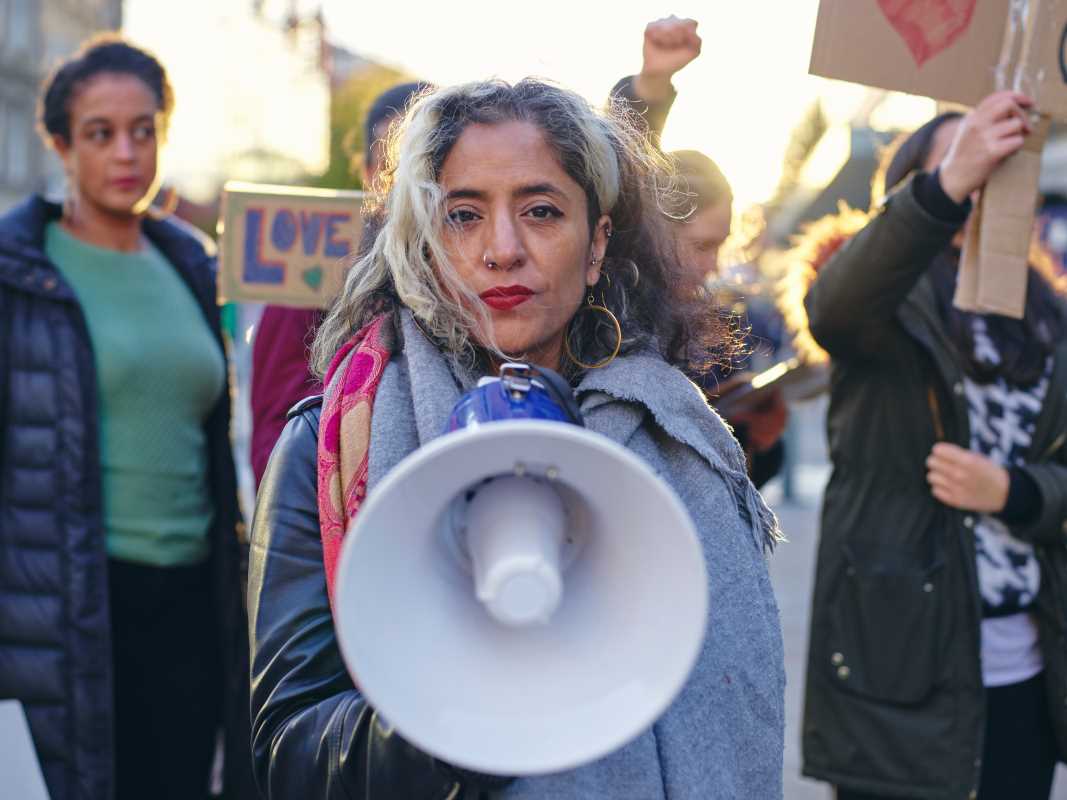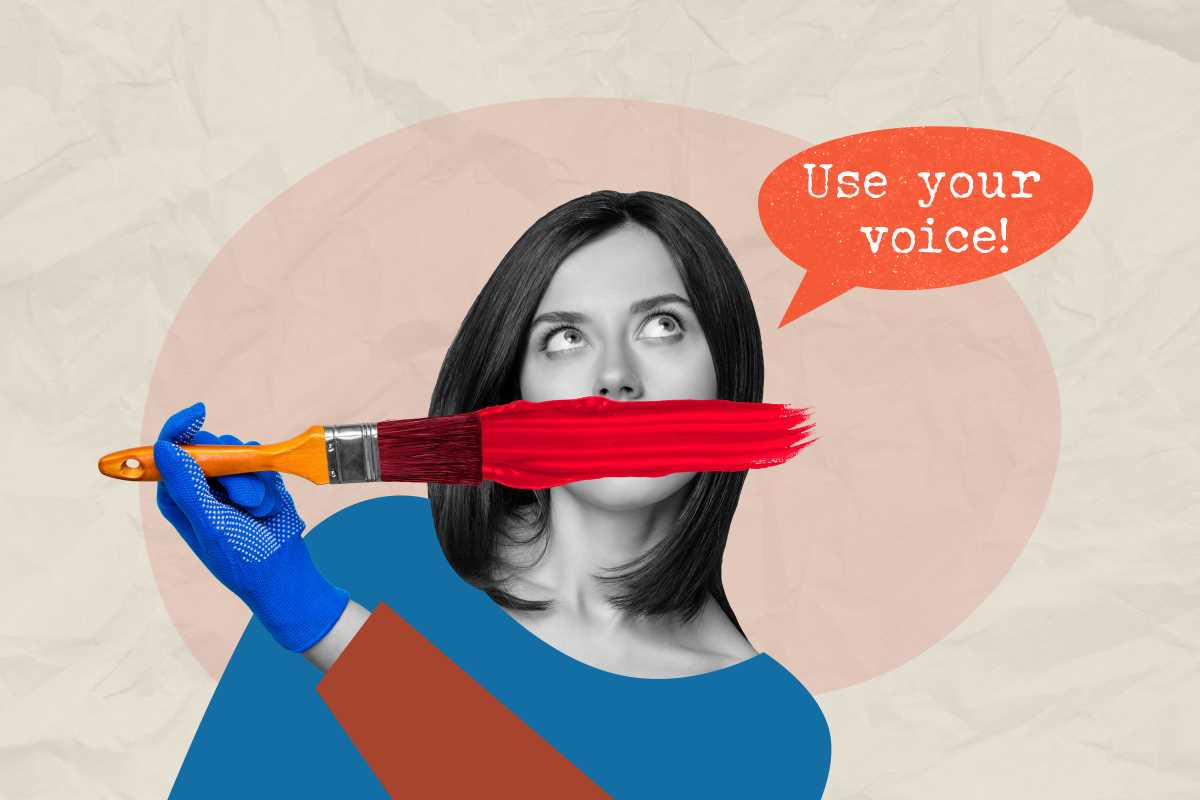Celebrities are everywhere. From massive billboards in the city to the screens in our hands, there’s no denying their influence. But as they go beyond promoting their latest movie, album, or fashion line and step into the world of politics, people begin to ask an important question. Should celebrities speak on every political issue? It’s a tricky topic, full of opinions, emotions, and consequences. To figure out the answer, we need to break it down and think about things like influence, responsibility, and credibility. This article will explore both sides of the debate and help you see why the answer isn’t so black and white.
The Power of Celebrity Influence
A celebrity’s voice is powerful. With millions of followers on social media and fans hanging on their every word, they have platforms that reach farther than most activists or politicians could dream of. This reach makes them a vital part of cultural conversations. But why does their influence matter so much in politics?
Celebrities are role models for many people. Whether it’s a young athlete inspired by a professional player or a musician who motivates someone to chase their dreams, stars hold a special place in people’s lives. When they speak up about a political issue, their message can feel personal and meaningful to their fans.
Additionally, celebrities make big topics feel cool. A political issue that might seem boring can suddenly grab attention when a star discusses it. For example, a singer talking about climate change at their concert might inspire thousands of fans to consider the planet’s future. Celebrities have the ability to amplify voices and make people listen to things they might otherwise ignore.
Should They Speak on Everything, Though?
But just because celebrities can talk about political issues doesn’t mean they should talk about everything. There’s a line between using influence wisely and overwhelming people by weighing in on every single topic.
- The Risk of Being Misinformed: One of the biggest criticisms of celebrities getting political is when they don’t fully understand the issue themselves. Politics can be complicated, and no one becomes an expert overnight. If a celebrity speaks without doing their homework, they might accidentally spread false or misleading information. Imagine someone with millions of followers sharing an oversimplified or inaccurate take on a serious issue. Even with good intentions, mistakes like this can cause more harm than good.
- Getting Distracted From the Core Message: When celebrities speak out too often or about too many issues, it can feel less meaningful. If every week they’re focusing on a completely different cause, it’s difficult for fans to figure out what really matters. Instead of inspiring people to take action, the constant flow of opinions might lead to confusion or apathy. After all, people can only focus on so much at once.
- The Danger of Dividing Audiences: Speaking out about politics can also alienate fans. Celebrities have diverse audiences, and their opinions may not align with everyone listening to them. When they address every political matter, they risk pushing away people who might disagree. This doesn’t mean they shouldn’t speak up at all, but it does highlight the importance of choosing when and how to address sensitive issues.
The Responsibility That Comes With Fame
Fame isn’t just about red carpets and cheering crowds. It comes with a certain level of responsibility. Many people believe that celebrities, as public figures, should use their platforms to promote causes and share important truths. From civil rights to gender equality, many stars have successfully raised awareness and driven change.
Take, for example, actors like Leonardo DiCaprio, who uses his fame to advocate for climate action. His message is clear and backed by years of dedication. Because he’s consistent and educated on the topic, audiences take him seriously. Or consider Malala Yousafzai, who became a global symbol for education rights. Though she isn’t a traditional celebrity, her platform shows how awareness can lead to actual change when done right.
But what about when celebrities jump into issues they aren’t connected to? Someone famous for comedy, for instance, might not be the best person to lead discussions on international diplomacy. This doesn’t mean their opinion doesn’t matter. But when someone speaks without understanding the nuances, it can make their involvement less impactful.
Finding a Balance
Is there a middle ground here? Can celebrities strike a balance between staying silent on politics and speaking out about every issue under the sun? Public figures who handle political conversations well often follow a few key principles:
- Choose Battles Wisely: Not every topic requires a celebrity’s opinion. Instead of chiming in on everything, stars can focus on issues where their input is meaningful and well-informed. For example, a singer might advocate for arts education, a cause they understand deeply, instead of tackling unrelated political debates.
- Collaborate With Experts: Partnering with organizations, activists, or scholars can help celebrities better understand the issues they care about. This way, they can use their platform to amplify the voices of people who are more knowledgeable, creating a stronger, clearer message.
- Encourage Critical Thinking: Instead of presenting opinions as facts, some celebrities urge audiences to do their own research. By encouraging people to explore different perspectives, they foster a culture of thoughtful engagement instead of blind agreement.
How Fans Impact This Conversation
The truth is, fans play a big role in whether or not celebrities feel pressured to speak out. Social media has created an environment where people expect public figures to comment on every trending topic. If a celebrity stays silent, they risk being labeled as uncaring. But if they weigh in unprepared, they might face backlash for seeming inauthentic or out of touch. It’s a delicate balancing act.
Fans also need to remember that celebrities are human. They don’t have all the answers, and they can’t fix every problem. Putting too much responsibility on their shoulders isn’t just unfair; it’s unrealistic. Instead, their opinions should be seen as starting points, not ultimate solutions.
 (Image via
(Image via





